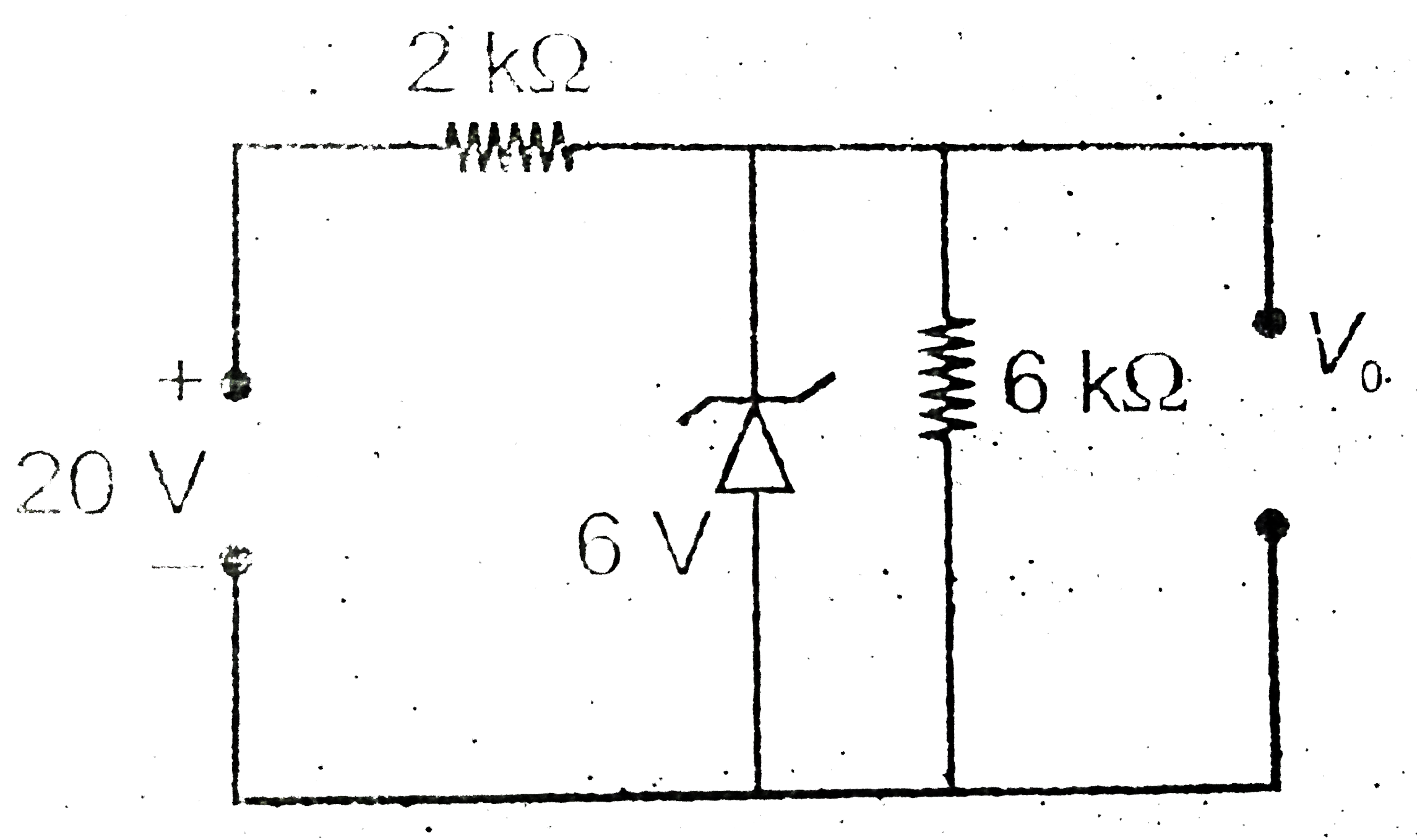What is overvolatage or bublle voltage ?
Step-by-Step Solution:
1. Understanding Electrochemical Processes:
- Electrochemical processes can be spontaneous or feasible, meaning they can occur naturally under certain conditions.
2. Reaction Speed:
- Some of these processes happen at such a slow rate that it appears as if the reaction is not taking place. This is particularly true for reactions that involve the liberation of gases.
3. Theoretical Voltage:
- Each electrochemical reaction has a theoretical value of standard electrode potential, which is the voltage required for the reaction to occur under standard conditions.
4. Need for Additional Voltage:
- In cases where the reaction is slow, an additional voltage is needed beyond the theoretical value to initiate the reaction at a practical rate.
5. Definition of Overvoltage:
- This extra voltage that is required to overcome the sluggishness of the reaction is termed "overvoltage" or "bubble voltage."
6. Conclusion:
- Therefore, overvoltage or bubble voltage is defined as the additional voltage required beyond the theoretical value to facilitate an electrochemical reaction, especially in cases where gas liberation is involved.
---
- Electrochemical processes can be spontaneous or feasible, meaning they can occur naturally under certain conditions.
- Some of these processes happen at such a slow rate that it appears as if the reaction is not taking place. This is particularly true for reactions that involve the liberation of gases.
- Each electrochemical reaction has a theoretical value of standard electrode potential, which is the voltage required for the reaction to occur under standard conditions.
- In cases where the reaction is slow, an additional voltage is needed beyond the theoretical value to initiate the reaction at a practical rate.
- This extra voltage that is required to overcome the sluggishness of the reaction is termed "overvoltage" or "bubble voltage."
- Therefore, overvoltage or bubble voltage is defined as the additional voltage required beyond the theoretical value to facilitate an electrochemical reaction, especially in cases where gas liberation is involved.
Topper's Solved these Questions
- NCERT BASED EXERCISEBOOK - CENGAGE CHEMISTRY ENGLISHCHAPTER - NCERT BASED EXERCISEEXERCISE - Conductivity of Ionic Solutions
8 Videos
- NCERT BASED EXERCISEBOOK - CENGAGE CHEMISTRY ENGLISHCHAPTER - NCERT BASED EXERCISEEXERCISE - Chemical Kinetics (In -Text Questions)
9 Videos
- NCERT BASED EXERCISEBOOK - CENGAGE CHEMISTRY ENGLISHCHAPTER - NCERT BASED EXERCISEEXERCISE - Short Answer Type Questions(Electrochmical Cell)
12 Videos
- GRIGNARD REAGENTS AND ORGANOMETALLIC REAGENTSBOOK - CENGAGE CHEMISTRY ENGLISHCHAPTER - GRIGNARD REAGENTS AND ORGANOMETALLIC REAGENTSEXERCISE - Exercises Archives (Linked Comprehension)
1 Videos
- NUCLEAR CHEMISTRYBOOK - CENGAGE CHEMISTRY ENGLISHCHAPTER - NUCLEAR CHEMISTRYEXERCISE - Archives Subjective
13 Videos
Similar Questions
Knowledge Check
An amplifier has a voltage gain of 100. The voltage gain in dB is
A20 dBB40 dBC30 dBD50 dB
A series LCR circuit, has equal resistance capacitive reactance. What is the phase angle between voltage across generator and resistor ?
View SolutionSI unit of voltage
View SolutionWhat is the voltage of the electricity that is generally supplied to a house?
View SolutionWhat is the voltage of live wire in India? What is the colour of the live wire?
View SolutionA step-up transformer has transformation ratio of 3:2 what is the voltage in secondary if voltage in primary is 30V?
View SolutionThe voltage of an AC source varies with time according to the relation: E=120sin100πtcos100πtV. What is the peak voltage of the source?
View SolutionAt the end of the infinite network shown, 48V is applied. What is the voltage at C in volts?

View Solution

